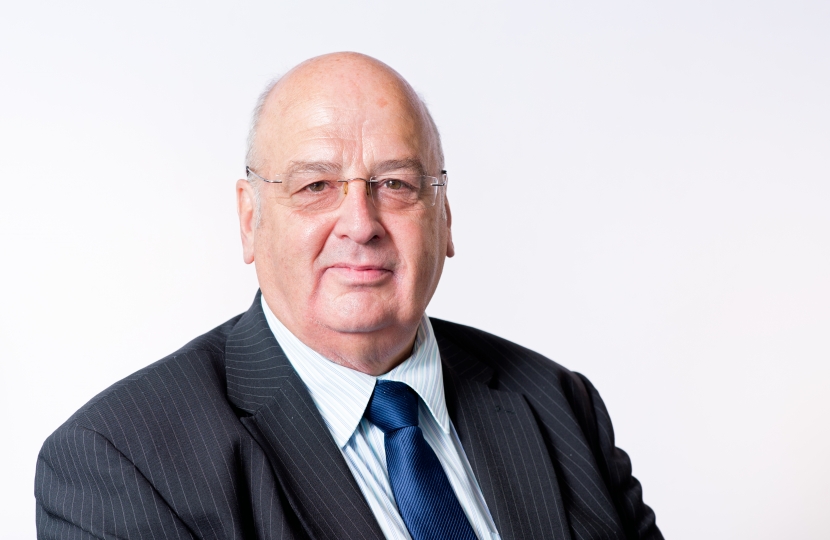
Discussions around climate change are not reserved for the national or international stage. All of us have a responsibility to do what we can to lessen our negative environmental impact upon our planet, while at the same time protecting our most vulnerable residents, managing our growing population, and encouraging investment in our county to help businesses thrive in a sustainable way.
Too many times recently, especially during the protests and debates about the Ipswich Northern Route, I heard the suggestion that economic growth in, and of itself, could somehow be incompatible with the commitments made by this country in the Paris Agreement, or indeed this county’s responsibility to help tackle climate change in accordance with the commitments made by us as councillors, when we declared a climate emergency in March 2019. I wholeheartedly disagree with such suggestions.
The council’s priority for Inclusive Growth makes it clear that we will “continue to champion the protection and enhancement of Suffolk’s natural and historic environment and our adaptation to climate change, to ensure we maximise the benefits our environment will deliver, to our economic growth and health and wellbeing for now and future generations.”
For me, Inclusive Economic Growth in Suffolk means attracting new high tech, low pollution businesses to base themselves here. It means providing existing Suffolk businesses with the very best opportunities to invest in Suffolk; to create and use new technology; and to choose new ways of working which benefit not only the business, but also the local environment. It means creating the right skills base in our local workforce to attract the type of businesses we want, and to ensure sustainable employment for future generations. If the challenges of COVID19 have taught us anything, it is that businesses in Suffolk still have the strength and confidence to adapt to new ways of working. I have no doubt that they will rise to the challenge of sustainability and inclusivity too.
Inclusive Economic Growth means working with partners such as our district and borough colleagues to support housing developments which are sensitively placed in our environment, but which also offer modern, environmentally friendly housing. We should be creating conditions that allow residents to use less energy, create less waste and make more choices for themselves to live more sustainably, (just as we have with the recent announcement of the exchange of contracts at Chilton Woods near Sudbury with Taylor Wimpey for £35m. A fantastic development site which will provide affordable housing, a new primary school, green open space and much needed housing to the local area). In my opinion, this is not an argument about whether Suffolk needs more houses – it does, and no amount of protest, well intentioned or otherwise, is going to alter that simple fact. What we need to do to as a county though, both as an authority and as a collection of communities, is to work together to ensure that the developments which do come forward, meet our own high aims for sustainability, inclusivity and always add real social value to new and existing communities wherever possible.
In terms of the infrastructure associated with economic growth, I accept that some of this can, on the face of it, appear to have negative environmental impacts. But it is important to remember that new infrastructure, or the upgrade or replacement of existing infrastructure, will be tackling historic problems which themselves come with an environmental cost. By investing in infrastructure to support inclusive economic growth, we are providing residents and businesses with new options and choices to travel more sustainably across our county.
I truly believe that growth should never be described as a dirty word. Successful, forward looking and inclusive economic growth strategies, like ours in Suffolk where protecting the environment is a named priority, may very well be a major contributor to the way the United Kingdom as a whole meets its obligations, and ultimately, I hope, wins the battle against Climate Change.

